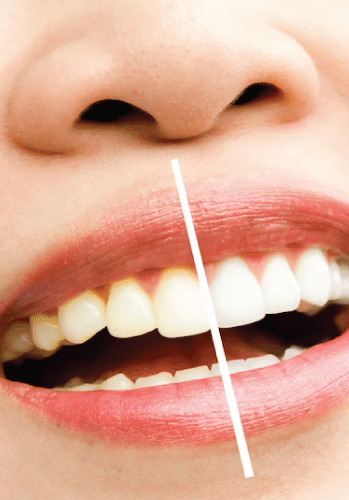Dental crowns, often called tooth caps, are vital in restoring damaged or unhealthy teeth. At Park Dental Clinic in Hyderabad, our expert, Dr. Praveen Kurapati, MDS Orthodontist, specializes in providing top-notch pre and post-operative care. Let's explore how dental crowns work and the various methods to rejuvenate your smile.
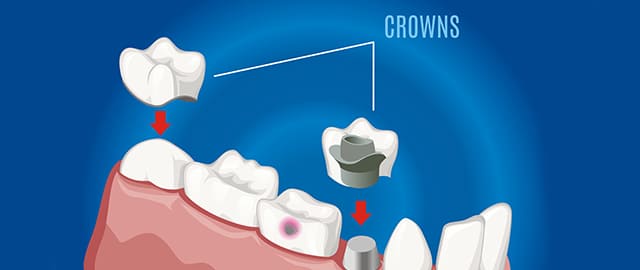
What Are Dental Crowns?
Dental crowns, or tooth caps, act as protective covers for teeth that are damaged or in need of reinforcement. Dr. Praveen Kurapati, an accomplished orthodontist at Park Dental Clinic, offers dental crowns to restore your tooth's functionality and enhance your smile's appearance. Crowns are custom-made to match your natural teeth, ensuring they blend seamlessly.
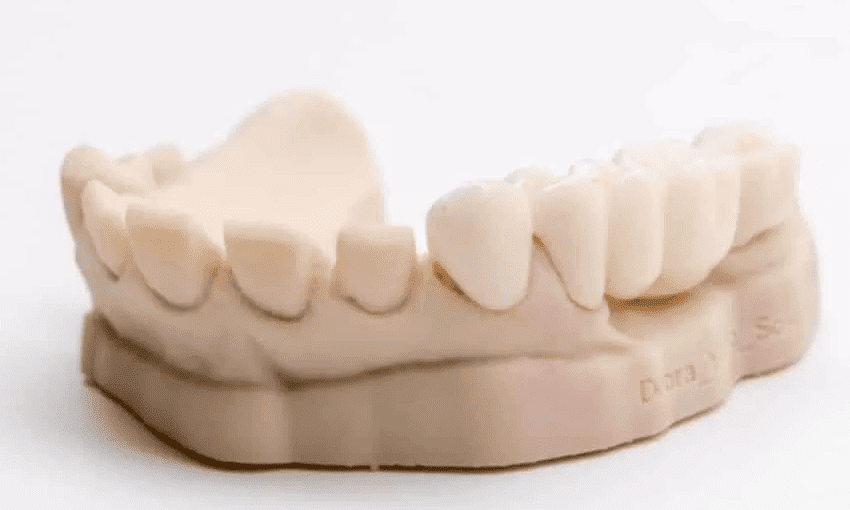
Types of Dental Crowns
There are different materials for crown restorations, each with unique benefits:
All-Porcelain Crowns: These crowns resemble natural teeth and are often used for front teeth due to their aesthetic appeal. They can correct worn teeth, repair those weakened from previous restorations, improve alignment, restore missing teeth with dental implants, strengthen a tooth for a dental bridge, and cover badly discolored or misshapen teeth.
- Repair weakened teeth
- Repair weakened teeth
- Replace missing teeth with dental implants
- Strengthen a tooth for a dental bridge
- Conceal badly discolored or misshapen teeth
Zirconia Crowns: Zirconia crowns are highly regarded for their exceptional durability and lifelike appearance. They closely resemble natural teeth and are often used in both front and back teeth. Zirconia crowns can effectively repair weakened teeth, improve dental alignment, support dental bridges, and enhance the aesthetics of discolored or misshapen teeth.
DMLS PFM Crowns (Direct Metal Laser Sintering Porcelain-Fused-to-Metal): DMLS PFM crowns combine the strength of a metal substructure with the aesthetic qualities of porcelain. While not as aesthetically natural as all-porcelain crowns, they are known for their durability and longevity, making them an excellent choice for molars and premolars.
EMax Crowns: EMax crowns are made from a strong and chip-resistant type of ceramic. They are an excellent choice for posterior teeth, which endure more pressure from chewing.
Gold Crowns: Though durable, gold crowns are less commonly requested today, mainly due to their appearance. They are usually reserved for specific cases.
Composite Resin & Acrylic Crowns: These crowns are made of plastic-like materials typically used as temporary solutions. They are not suitable for long-term use.
Each type of dental crown has its advantages and is suited to different clinical situations, allowing for tailored solutions to meet the specific needs and preferences of patients.
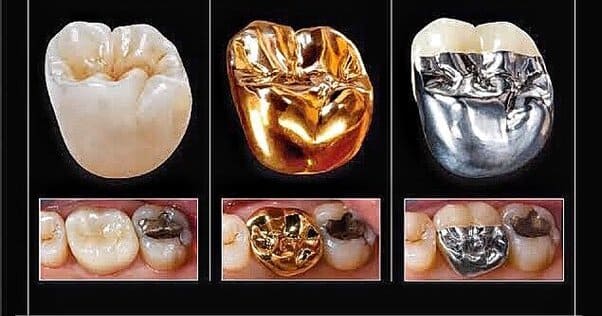
Dental Crown Benefits

Dental crowns offer a range of advantages:
- Restoration of Teeth: Dental crowns are used to restore teeth that are damaged, cracked, or weakened. They can effectively repair and reinforce compromised teeth.
- Cosmetic Enhancement: Crowns not only improve tooth function but also enhance the appearance of your smile. They are customized to match your natural teeth' shape, size, and color, ensuring a seamless and aesthetically pleasing look.
- Protection After Root Canal: Teeth that have undergone root canal treatment often become brittle. Dental crowns provide a protective cover, preventing further damage and ensuring the tooth's long-term viability.
- Support for Significantly Decayed Teeth: When a tooth has extensive decay, a dental crown can help save it by providing a strong and durable covering that prevents further deterioration.
- Fully Customizable: Dental crowns are tailor-made to fit your smile perfectly. This customization ensures the crown blends in with your natural teeth, making it virtually indistinguishable.
- Covers Dental Implants: Dental crowns are commonly used with dental implants to replace missing teeth. They provide a natural-looking and functional solution for tooth loss.
- Durability and Longevity: Dental crowns are known for their durability and longevity. Proper care and maintenance can last for many years, making them a reliable and cost-effective dental solution.
- Natural-Looking Results: Crowns are designed to replicate the appearance of your natural teeth. They are crafted using materials that mimic the translucency and shade of real teeth, ensuring a natural and attractive outcome.
- Functional Restoration: Crowns enable you to chew, speak, and confidently smile. They restore the full functionality of your teeth, allowing you to enjoy your favorite foods and engage in normal daily activities without difficulty.
- Versatile Use: Dental crowns can be used in various situations, from protecting teeth with large fillings to covering stains or chips. They are a versatile and effective solution for various dental issues.
- Enhanced Oral Health: Restoring damaged teeth with crowns contributes to better oral health. Protecting compromised teeth prevents potential complications and ensures a healthy and functional mouth.
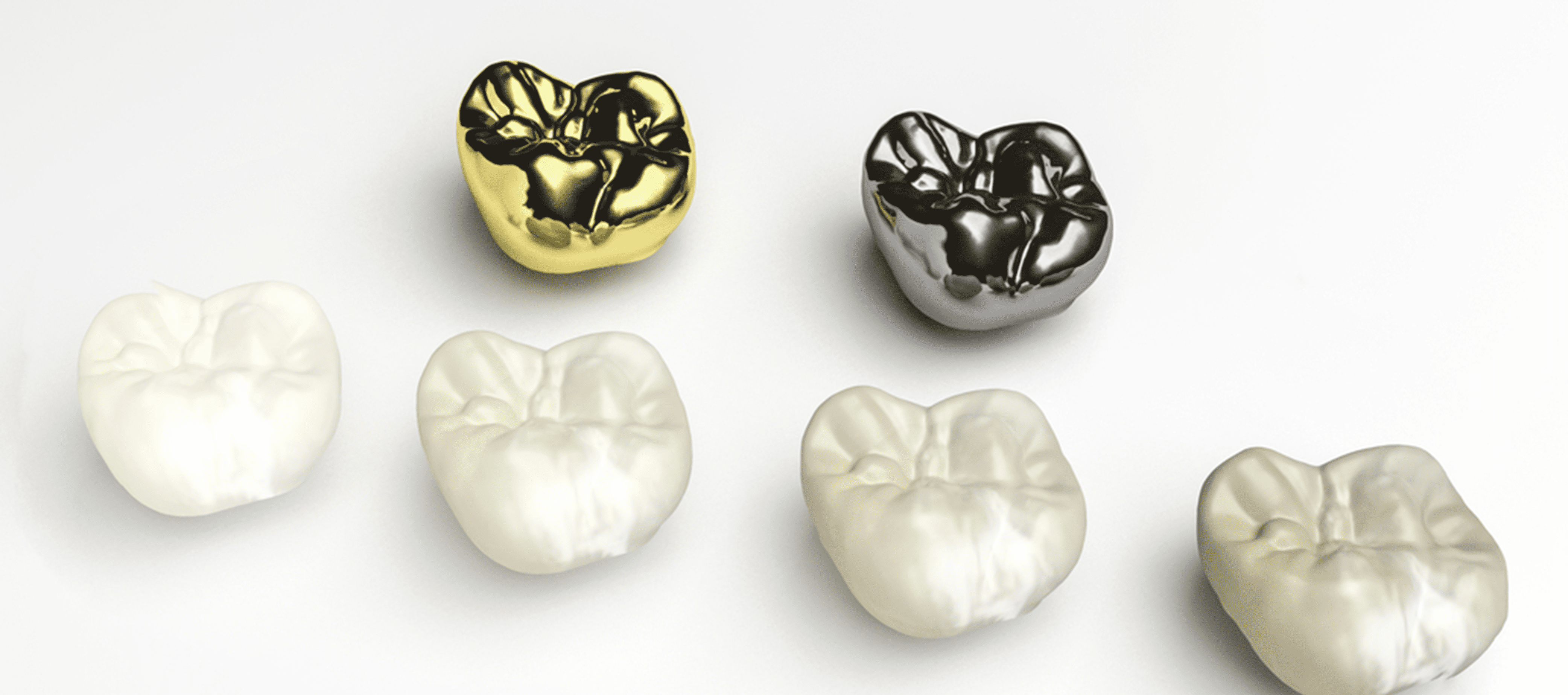
Why Choose a Crown?
Selecting a dental crown as a treatment option offers a multitude of compelling reasons, each contributing to its popularity and effectiveness in dentistry. Here's why choosing a crown can be the right decision for your oral health and well-being:
- Strengthening Teeth: Dental crowns serve as protective shields for weakened or damaged teeth, adding robustness and stability. They effectively reinforce the tooth's structure, reducing the risk of further deterioration.
- Relief from Pain: Teeth with significant fillings or hairline cracks can cause discomfort and pain. Pacing crowns on such teeth alleviates this pain by providing structural support and stability.
- Aesthetic Enhancement: Crowns are meticulously crafted to match your natural teeth' color, shape, and size. This attention to detail ensures that your smile looks seamless and attractive, making it a go-to solution for cosmetic improvements.
- Protecting After Root Canals: Teeth that have undergone root canal treatment often become more vulnerable to damage. Crowns act as a protective barrier, shielding the tooth from potential harm and complications.
- Replacing Missing Tooth Structure: When a tooth has suffered substantial decay or has lost a significant portion of its structure, a crown effectively replaces the missing tooth material. This not only restores the tooth's form but also its functionality.
- Alternative to Porcelain Veneers: In cases of severe staining or chipping on front teeth, crowns provide more support and coverage than porcelain veneers. This makes them an excellent choice for improving the strength and appearance of such teeth.
- Supporting Bridges: Crowns are often used to anchor dental bridges, ensuring the stability and reliability of the prosthetic replacement for missing teeth.
- Versatility The adaptability of dental crowns is one of their key strengths. They can be employed to address various dental issues, ranging from safeguarding teeth with large fillings to addressing cosmetic concerns effectively.
- Long-Lasting Results: Renowned for their durability, dental crowns can provide a lasting solution for dental problems. With proper care and maintenance, they can stand the test of time, minimizing the need for frequent repairs or replacements.
- Restoration of Full Functionality: Crowns restore the complete functionality of your teeth. This means you can confidently chew, speak, and smile without inhibitions, significantly enhancing your quality of life.
- Prevention of Further Complications: By promptly addressing dental issues with crowns, you can prevent potential complications arising from untreated problems, such as infection or further tooth damage.
Ideal Candidates for Dental Crowns
During your consultation at our Hyderabad dental Clinic, Dr. Praveen Kurapati can determine if you are a suitable candidate for dental crowns. Crowns are an excellent choice for protecting and restoring damaged teeth.
Dental Crown Complications
After getting a dental crown, some patients may experience increased sensitivity, particularly if the tooth still has a nerve. Other complications may include pain when biting, chipping in a porcelain crown, a loose crown, or a missing crown. Our experienced dentists can address these issues effectively.
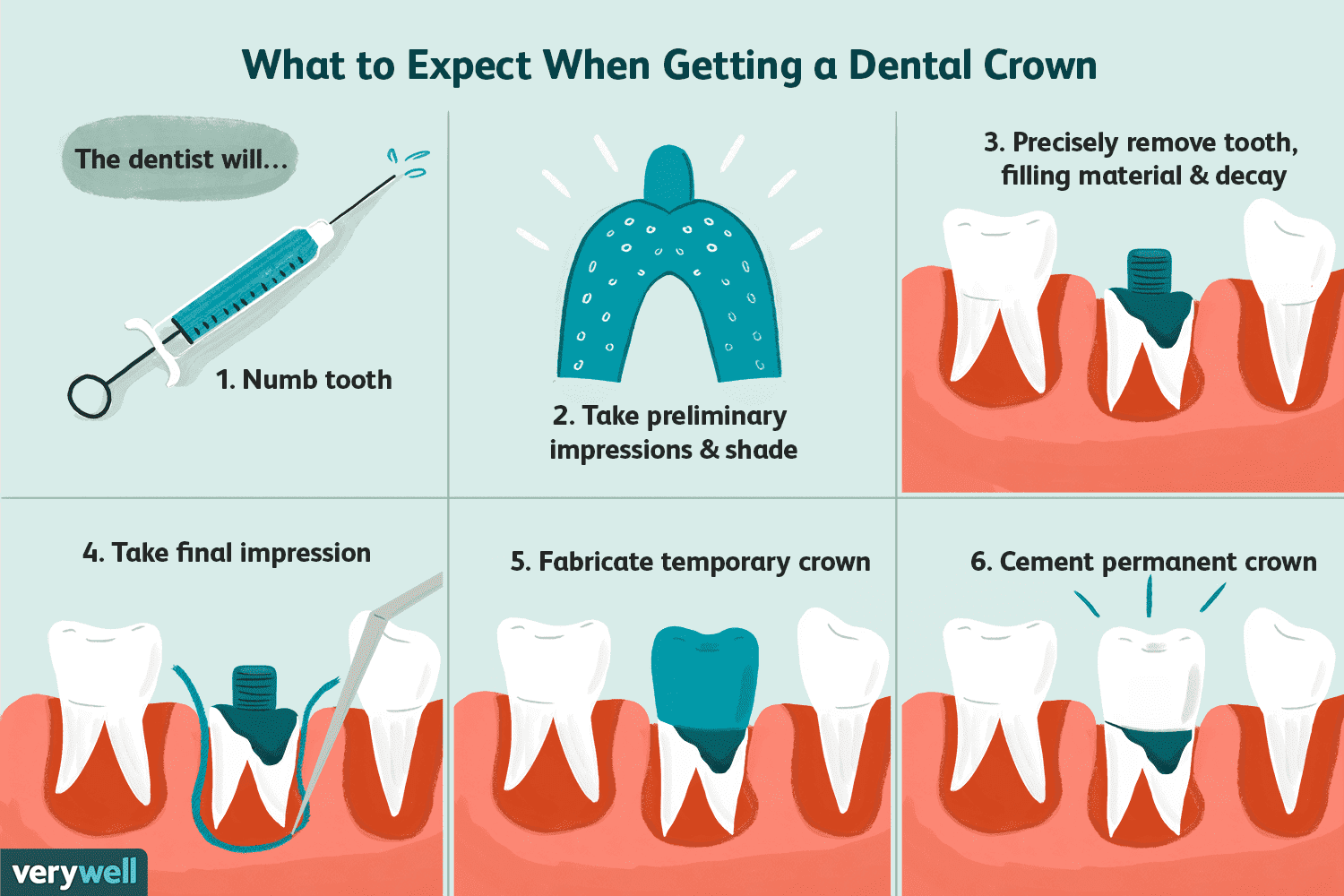
What to Expect Before the Procedure
Before undergoing a dental crown procedure, being prepared and knowing what to expect is essential. Here's a glimpse of what you can anticipate before the treatment:
- Initial Consultation: The process often begins with an initial consultation with your dentist. During this appointment, your dentist will examine your teeth and discuss your treatment plan. They will assess the need for a crown and determine the type of crown material used.
- X-rays and Impressions: Your dentist may take X-rays of the affected tooth to evaluate its condition thoroughly. Impressions of your teeth may also be taken to create a custom-fit crown that matches your existing teeth in size and shape.
- Discussion of Options: Your dentist will discuss the different types of crowns available, such as porcelain, metal, or ceramic, and help you choose the one that best suits your needs and preferences.
- Preparation of the Tooth: Before the procedure, your dentist will prepare the tooth that will receive the crown. This usually involves removing a portion of the tooth's outer layer to create space for the crown.
- Temporary Crown: In many cases, a temporary crown will be placed on the prepared tooth to protect it while the permanent crown is being fabricated in a dental laboratory. This temporary crown will allow you to function normally until the final crown is ready.
- Teeth Whitening (Optional): If you're getting a crown for cosmetic reasons, your dentist may recommend teeth whitening before the procedure. This ensures the crown is color-matched to your newly whitened teeth, providing a more aesthetically pleasing result.
- Consider Taking Time Off: While not always necessary, consider taking a day off work, especially after the permanent crown is placed. Some patients experience temporary sensitivity, and having a day off can make the initial adjustment period more comfortable.

What to Expect After Your Dental Crown Treatment
Sensitivity and discomfort may occur after crown placement but can be managed with over-the-counter pain medication. Dr. Praveen Kurapati, MDS Orthodontist, performs the procedure with a local anesthetic to ensure your comfort.
After undergoing a dental crown treatment, knowing what to expect during the recovery and adjustment period is essential. Here's what you can anticipate after your dental crown treatment:
- Sensitivity: It's common to experience some sensitivity in the treated tooth, especially during the initial days after the procedure. This sensitivity can be due to removing a portion of the tooth's enamel during the crown preparation. It usually subsides as your tooth adjusts to the new crown.
- Discomfort: You may experience mild discomfort or soreness in the gums around the crowned tooth. This discomfort typically arises from the manipulation of the tooth during the procedure and should lessen within a few days.
- Over-the-counter Pain Medication: Over-the-counter pain relievers, such as ibuprofen, can help manage discomfort or pain following the procedure. Your dentist may provide specific recommendations for pain relief.
- Local Anesthetic: During the crown placement, your dentist typically uses a local anesthetic to numb the area. As this anesthetic wears off, you may regain sensation in the treated tooth. It's advisable to avoid chewing on this tooth until any lingering numbness completely disappears to prevent unintentional injury.
- Restoration of Function: With the crown in place, you will notice a significant improvement in the functionality of your tooth. It will enable you to chew and bite without issues, restoring your normal oral function.
- Natural-Looking Appearance: Dental crowns are designed to resemble your natural teeth closely. As a result, your smile will look natural and aesthetically pleasing, seamlessly blending with your existing teeth.
- Routine Oral Care: Continue with your regular oral hygiene routine, including brushing and flossing, to maintain the health of your crowned tooth and surrounding gums. Crowns do not require any special care beyond standard dental maintenance.
- Follow-Up Appointments: Your dentist may schedule a follow-up appointment to ensure that the crown is fitting correctly and that you are comfortable with it. This is an opportunity to address any concerns or adjustments that may be needed.
The Process
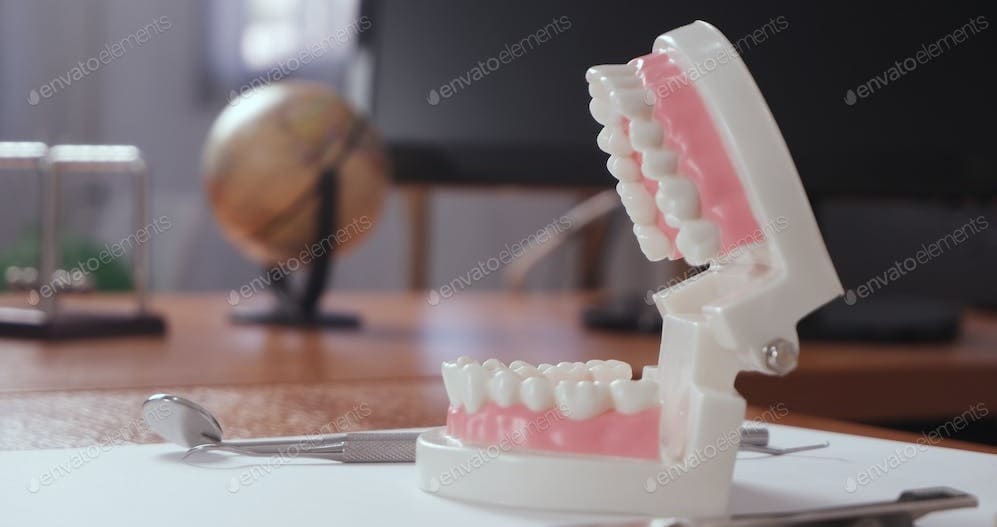
- Impression of Your Teeth: The journey to receiving dental crowns and bridges begins with creating a detailed impression of your teeth. This impression is a critical blueprint for crafting customized crowns and bridges that fit your unique dental anatomy. These restoratives must match your natural teeth' size, shape, and alignment perfectly.
- Tooth Preparation: The tooth that will receive the crown or bridge must be prepared before placing the crown or bridge. This involves skillfully removing a precise amount of the tooth's enamel to create space for the crown or bridge without affecting the surrounding teeth. This step is vital to ensure the final restoration fits securely and functions naturally.
- Temporary Crown Placement: A temporary crown is placed to protect the prepared tooth while your permanent crown or bridge is being created in a dental laboratory. This temporary crown is a placeholder, allowing you to continue your daily activities without discomfort or difficulty.
- Fabrication of Permanent Restoratives: The creation of your permanent crown or bridge is a meticulous process. Skilled dental technicians in a specialized dental laboratory meticulously craft these restoratives to match your natural teeth in color, shape, and size. This process typically takes a few weeks, during which you wear the temporary crown.
- Return to Park Dental Clinic Hyderabad: Once your permanent crowns and bridges are ready, you return to Park Dental Clinic Hyderabad for the final placement. This appointment is a crucial step in ensuring that your new dental restoratives fit seamlessly into your smile.
- Replacing Temporary with Permanent Crowns: The temporary crown is removed at this appointment, and the permanent crown or bridge is placed in its stead. Your dentist will verify that the permanent restoration aligns correctly with your natural bite and ensure it does not interfere with your adjacent teeth. Any necessary adjustments are made at this stage.
- Achieving Natural Look and Function: The final step is to cement the permanent crown or bridge using dental adhesive. This is followed by a final polishing to give your new teeth a natural shine. Once the process is complete, your crowns and bridges look natural and function as naturally as possible, allowing you to chew, speak, and smile confidently.
- Post-Placement Care: Your dentist will provide you with post-placement care instructions, including maintaining proper oral hygiene to ensure the longevity of your new dental restoratives. It's essential to follow these guidelines and attend any recommended follow-up appointments.
"Ready to transform your smile and enhance your oral health with our expert dental crown and bridge treatments? Don't wait – take the first step towards a brighter, healthier smile today. Contact Park Dental Clinic Hyderabad now and schedule your appointment with our experienced team. Your dream smile is just a call away. Act now!"
Quick Contact Form
Google Reviews
FREQUENTLY ASKED DENTAL QUERIES
Dental crowns are known for their durability, and they can last for many years with proper care.
The procedure is typically performed with a local anesthetic, so you should not feel significant pain. Some sensitivity or discomfort may occur afterward, which medication can manage.
The process usually involves two appointments. During the first appointment, impressions are taken, and a temporary crown is placed. The second appointment involves removing the temporary crown and bonding the permanent one.
Dental crowns are custom-made to match natural teeth, so they should blend in seamlessly and be virtually unnoticeable.
Dental crowns can be used to restore teeth in combination with dental implants, providing a natural and functional solution.
Schedule A Dental Consultation Today!
Click here to Book Appointment Now »
© 2023 All Rights Reserved.
Design and Developed by Zon Innovative.
© 2023 All Rights Reserved.
Design and Developed by Zon Innovative.

